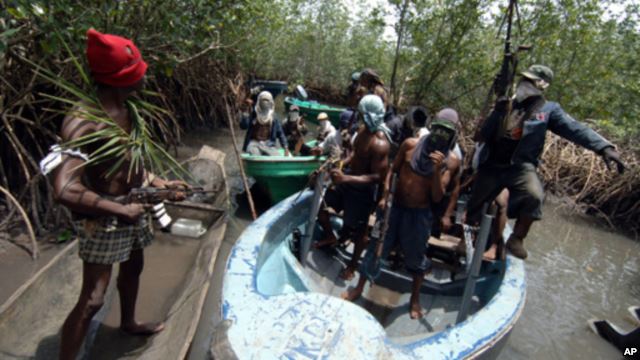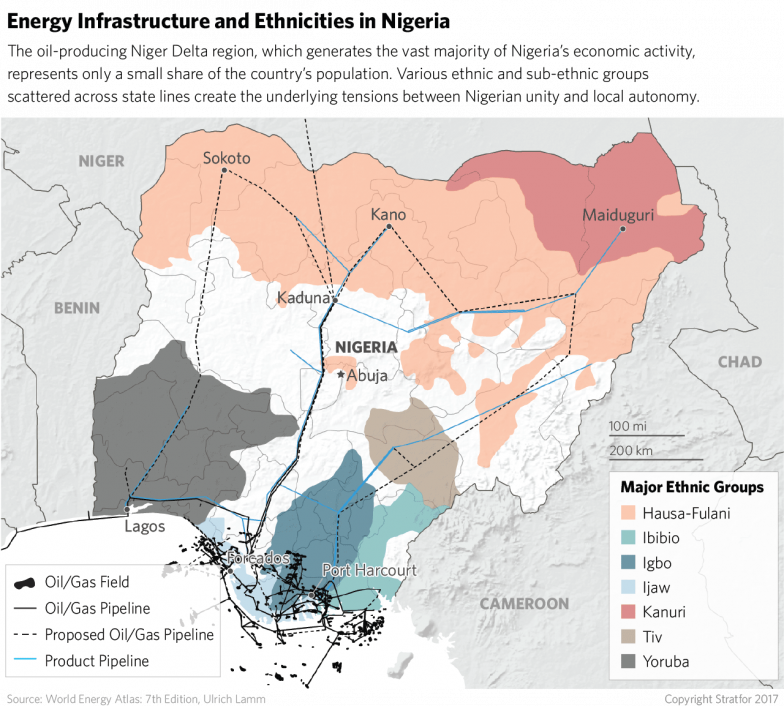Signs that the tenuous, relative calm in Nigeria’s oil-producing Niger Delta could be in jeopardy have manifested in recent days. On July 31, the Pan Niger Delta Forum (PANDEF), an umbrella group of elders, monarchs, and other local stakeholders led by Chief Edwin Clark, issued a threat to the federal government declaring that it would pull out of its negotiations with Abuja by Nov. 1 should the government fail to properly address the group’s 16-point agenda. At the same time, Niger Delta militant groups have also issued statements over the past few days claiming that they will resume attacks against oil and natural gas infrastructure in the region. In light of perceived failings by Abuja to demonstrate its seriousness to improve conditions in the region, groups such as the Niger Delta Revolutionary Crusaders and the Adaka Boro Avengers have threatened to attack infrastructure starting on Sept. 31 and Oct. 1, respectively.
While conflict in the region has ebbed and flowed over the years, attacks on oil and gas infrastructure have remained mostly subdued over the course of 2017. A sustained drop-off in intensity occurred in the latter half of 2016. Consequently, the recent challenges by the various Niger Delta groups may signal that their patience is finally wearing out. The previous large-scale initiatives touted by the federal government have not gained much traction, likely the result of Nigeria’s internal politics and other regions’ unwillingness to cede resources and investment to benefit the small Niger Delta.
Nevertheless, acting President Yemi Osinbajo — who has taken over the reins of government while President Muhammadu Buhari is out on extended medical vacation— has adopted a reconciliatory approach with the Niger Delta during his time in office. The acting president has made several trips to the restive region and his spokesman announced last week that he intended to make another one this week. The timing of the trip and the threats from PANDEF and militant groups comes amid July 31 reports from Abuja that it is readying to push a two-year Strategic Implementation Work Plan that would include 457 small and medium-sized projects across nine states in the region. The action plan allegedly integrates PANDEF’s agenda and other pre-existing initiatives into the government’s, but details have yet to be released officially.
It’s likely that the delta groups will continue to look for ways to put increased pressure on the government to show that it’s serious about progress. It is suspected that a militant attack on July 24 that successfully targeted the Trans-Niger pipeline in Ogoniland in the Niger Delta region may have been a part of this approach. Whether or not the federal government is able to put more resources and investment on the table — while facing resistance from other regions of the country — remains to be seen.


